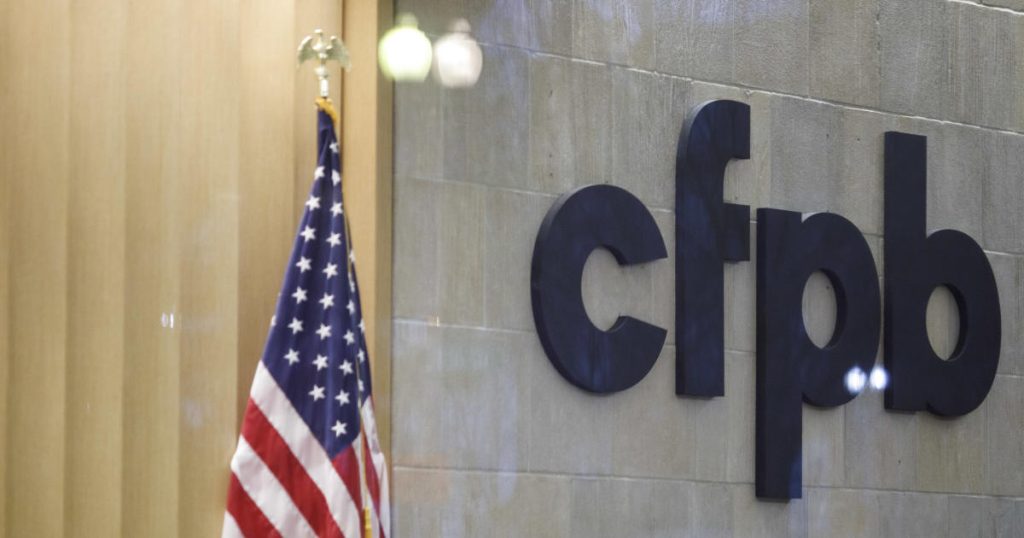The Supreme Court upheld the funding structure for the Consumer Financial Protection Bureau (CFPB), a decision that marked a victory for the consumer finance agency against efforts to weaken it. The court ruled in a 7-2 decision that the agency’s funding structure complies with the Constitution’s Appropriations Clause. Justice Clarence Thomas authored the majority opinion, while Justices Samuel Alito and Neil Gorsuch dissented. The decision reversed a ruling by the 5th Circuit Court of Appeals, which had deemed the funding mechanism for the CFPB unconstitutional. Thomas argued that the funding mechanism is in line with appropriations practices dating back to the First Congress and is similar to funding schemes for other federal agencies established in the late 1700s.
Critics of the ruling, including Justice Alito, argued that it essentially nullifies the Appropriations Clause by allowing the CFPB to draw funding from the Federal Reserve without congressional control or oversight. Alito expressed concern that this funding structure strays from the intentions of the Framers of the Constitution and gives the agency unchecked power to pursue its own agenda. Despite these criticisms, President Biden celebrated the decision as a victory for American consumers and praised the court for upholding the CFPB’s constitutional funding authority.
The legal battle over the CFPB’s funding structure originated from a challenge to a 2017 payday lending rule issued by the agency by two trade associations representing payday lenders. The case raised concerns about the CFPB’s funding mechanism, which differs from how other federal agencies receive their funding through the annual appropriations process in Congress. The 5th Circuit Court of Appeals had ruled that the CFPB’s funding structure violated the Appropriations Clause of the Constitution, prompting the Biden administration to appeal the decision to the Supreme Court. The court’s ruling in favor of the CFPB was seen as crucial to the agency’s continued operations and to preserving its regulatory and enforcement actions.
During oral arguments before the Supreme Court, several justices expressed skepticism over the notion that the CFPB’s funding structure was unconstitutional. Justice Elena Kagan, in a concurring opinion, noted that the agency’s funding mechanism aligns with the long tradition of Congress creating various mechanisms to pay for federal operations. The dissenting justices, however, argued that the ruling undermined the principles of the Appropriations Clause and granted the CFPB excessive autonomy in funding itself. Despite past legal challenges to the agency’s structure and operations, the Supreme Court’s decision affirms the CFPB’s legitimacy and ability to continue its work of protecting consumers from financial abuses and unfair practices.
Senator Elizabeth Warren, who played a key role in establishing the CFPB, expressed satisfaction with the Supreme Court’s ruling and emphasized the agency’s importance in safeguarding consumers. She warned against future attacks on the CFPB from Wall Street, banks, and their allies, highlighting the agency’s effectiveness in combatting industry abuses. Moving forward, the CFPB will continue its mission of reducing fees, holding banks accountable for misconduct, and ensuring a level playing field for all consumers. Despite ongoing challenges and opposition, the CFPB remains a vital watchdog agency focused on promoting financial fairness and protecting individuals from fraudulent practices in the financial industry.


